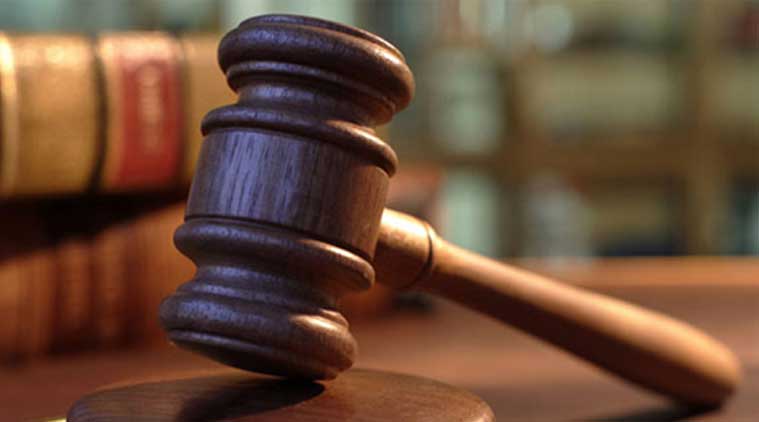
The Bombay High Court on Tuesday granted bail to a man, Mohammad Irfan Gaus, arrested on August 31, 2012 on charges of being a part of the Lashkar-e-Toiba (LeT), as there are no “reasonable grounds” for believing that accusations are true.
The Maharashtra Anti-terrorist Squad (ATS) had filed a chargesheet against five persons, including Gaus, for offences punishable under Unlawful Activities (Prevention) Act, Section 201 (causing disappearance of evidence of offence) of the Indian Penal Code and the Indian Arms Act.
On Tuesday, a Division Bench of Justice Indrajit Mahanty and Justice AM Badar said, “Prima facie, at this stage, we are of the opinion that perusal of material made available to us does not show that there are reasonable grounds for believing that accusations against the appellant/accused no.4 (Gaus) are true.”
Gaus, Mohammed Muzammil Abdul Gani, Mohammed Sadique Mohammed Farooque, Mohammed Akram Mohammed Akbar and Mohammed Iliyas Mohammed Akbar, all residents of Nanded, were arrested in 2012.
Gaus had moved an appeal in the HC against a special court’s order rejecting his bail application on December 12, 2014. Advocate Mubin Solkar, representing Gaus in the HC, argued that there is no evidence to implicate him in the case and that none of the prosecution witnesses have deposed anything against him.
Advocate A M Chimalkar, appearing for the National Investigation Agency, opposed the bail plea by contending that there is voluminous documentary evidence against Gaus. He added that while around 65 witnesses have been examined by the prosecution, the investigating officer is yet to be examined.
According to the prosecution, Gaus and Muzzammil had made 214 calls to each other between October 10, 2011 to August 9, 2012. Gaus has allegedly also travelled with Muzammil from Mumbai to Nanded by a bus. The prosecution had claimed that one of the men had received money through Western Union Money Transfer from Saudi Arabia, sent by another accused. It was further alleged that the accused were found with a revolver and live cartridges and that they planned to influence young Muslims.
The five men, in their bail applications, had denied these allegations before the special court and claimed that the investigators had not shown any evidence to prove that they were members of LeT. In November 2017, the five had sought to plead guilty before the trial court claiming that the condition of their homes had deteriorated since their arrest. The court, however, had rejected their request.